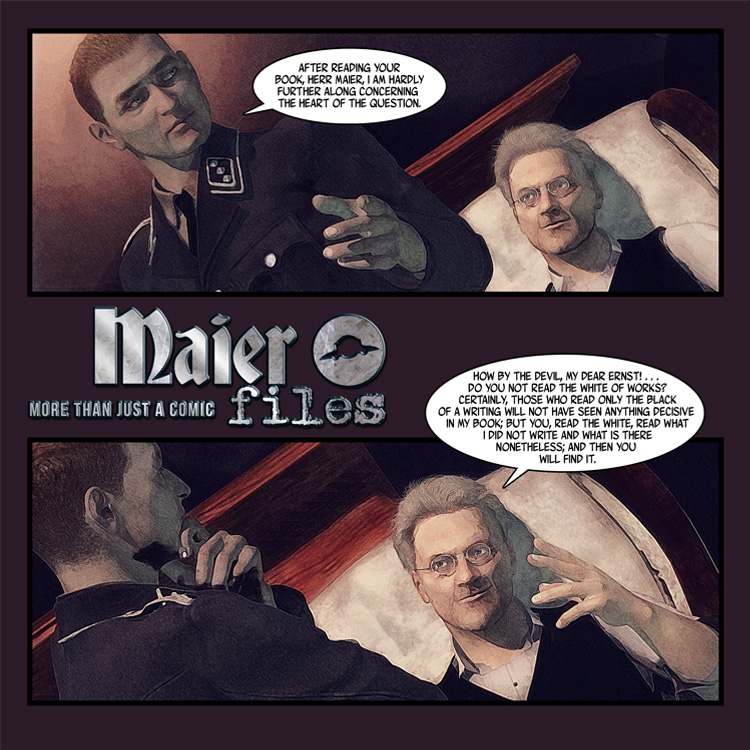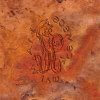Ernst Winkler: “After reading your book, herr Maier, I am hardly further along concerning the heart of the question.” Otto Maier: “How by the devil, my dear Ernst! . . . Do you not read the white of works? Certainly, those who read only the black of a writing will not have seen anything decisive in my book; but you, read the white, read what I did not write and what is there nonetheless; and then you will find it.”
Daybreak, thoughts on the Prejudices of Morality
Whenever you journey by foot you are not any longer in this particular automotive state of “on-the-way.” There is certainly a spirit of tarrying and engagement that enables you to enter fully into the life of each place as you reach it. This is how you must travel through a book. Nietzsche describes this very beautifully in the final paragraph of his preface to Daybreak:
A book like this, a problem like this, is in no hurry; we both, I just as much as my book, are friends of lento [slowly]. It is not for nothing that I have been a philologist, perhaps I am a philologist still, that is to say, a teacher of slow reading:—in the end I also write slowly. Nowadays it is not only my habit, it is also to my taste—a malicious taste, perhaps?—no longer to write anything which does not reduce to despair every sort of man who is ‘in a hurry.’
For philology is that venerable art which demands of its votaries one thing above all: to go aside, to take time, to become still, to become slow—it is a goldsmith’s art and connoisseurship of the word which has nothing but delicate, cautious work to do and achieves nothing if it does not achieve it lento.
But precisely for this reason it is more necessary than ever today, by precisely this means does it entice and enchant us the most, in the midst of an age of ‘work,’ that is to say, of hurry, of indecent and perspiring haste, which wants to ‘get everything done’ at once, including every old or new book:—this art does not so easily get anything done, it teaches to read well, that is to say, to read slowly, deeply, looking cautiously before and aft, with reservations, with doors left open, with delicate eyes and fingers. . . . My patient friends, this book desires for itself only perfect readers and philologists: learn to read me well!
Friedrich Nietzsche, Daybreak: Thoughts on the Prejudices of Morality, trans. R. J. Hollingdale (Cambridge: Cambridge University Press, 1997)





